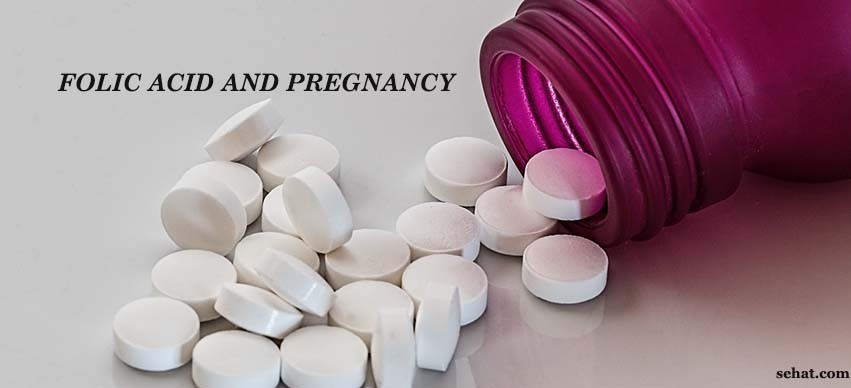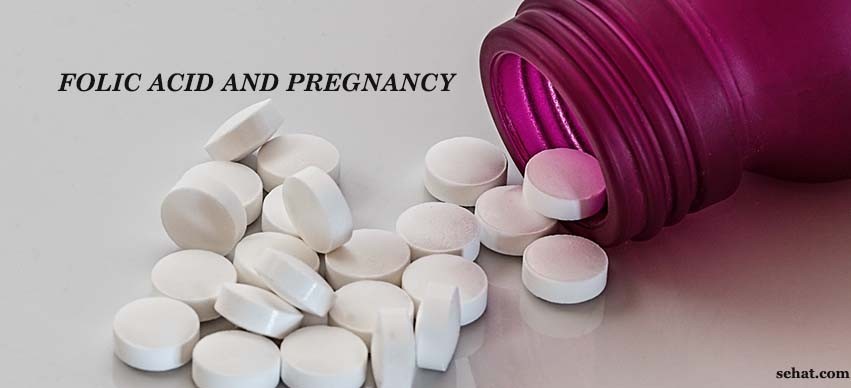Miscarriage In Early Pregnany- Signs, Causes, And Tips To Prevent
6 Min Read


Folic acid is a B class vitamin. It occurs naturally as folate in foods like pulses (daals) and green vegetables. Your body needs folic acid for producing red blood cells, synthesizing and repairing DNA and regulating cell metabolism. Folic acid intake is especially important for women. Pregnancy and lactation both require adequate serum folate to ensure proper fetal development. Folic acid is also important for the brain, nervous system and spinal fluid. It can prevent your baby from developing a neural tube defect (NTD) such as spina bifida.
Folic acid minimises the risk of cleft lip or cleft palate. Cleft lip is a birth defect that affects the upper part or roof of the mouth.
It minimises the risk of heart defects in baby.
Moreover, it facilitates healthy and quick growth of placenta and foetus. Lack of folic acid can impair foetal growth and cell division.
Folic acid plays an important role in production of Deoxyribonucleic acid (DNA), extra blood cells needed during pregnancy and most importantly prevent neural tube defects.
Folic acid is also known to facilitate proper formation of haemoglobin.
If you are thinking about pregnancy or in the first trimester of pregnancy you are advised to take a daily supplement of 400 micrograms (mcg) of folic acid and eat a diet rich in folates. This will help protect your baby from birth defects, and reduce your risk of miscarriage. You should start taking a folic acid supplement as soon as you decide to try for a baby, upto three months before you conceive. Carry on taking it (along with iron supplements) throughout pregnancy and for the first six months of breastfeeding. If you have had a child with a NTD, your doctor may prescribe a much higher daily dose of folic acid. This is because you are at greater risk of having further children with a NTD.
It's good to eat as much folate-rich food as you can. But even if you eat a balanced diet, it's hard to get the amount you need from your food. This is why doctors recommend taking a supplement. The risk to your baby from folic acid deficiency is much greater than any inconvenience you might feel in taking a supplement. Folic acid supplements are usually very small tablets that can easily be swallowed or sucked on.